Ducks are familiar sights in many parts of the world, often seen gliding elegantly on ponds and lakes. However, some species are far from common and teeter on the brink of extinction. This article explores the 20 rarest ducks in the world, each with unique characteristics and challenges. From the rediscovered Madagascar Pochard to the elusive Pink-headed Duck, these birds represent some of the most critically endangered species, underscoring the urgent need for conservation efforts to protect our planet’s diverse wildlife.
Madagascar Pochard
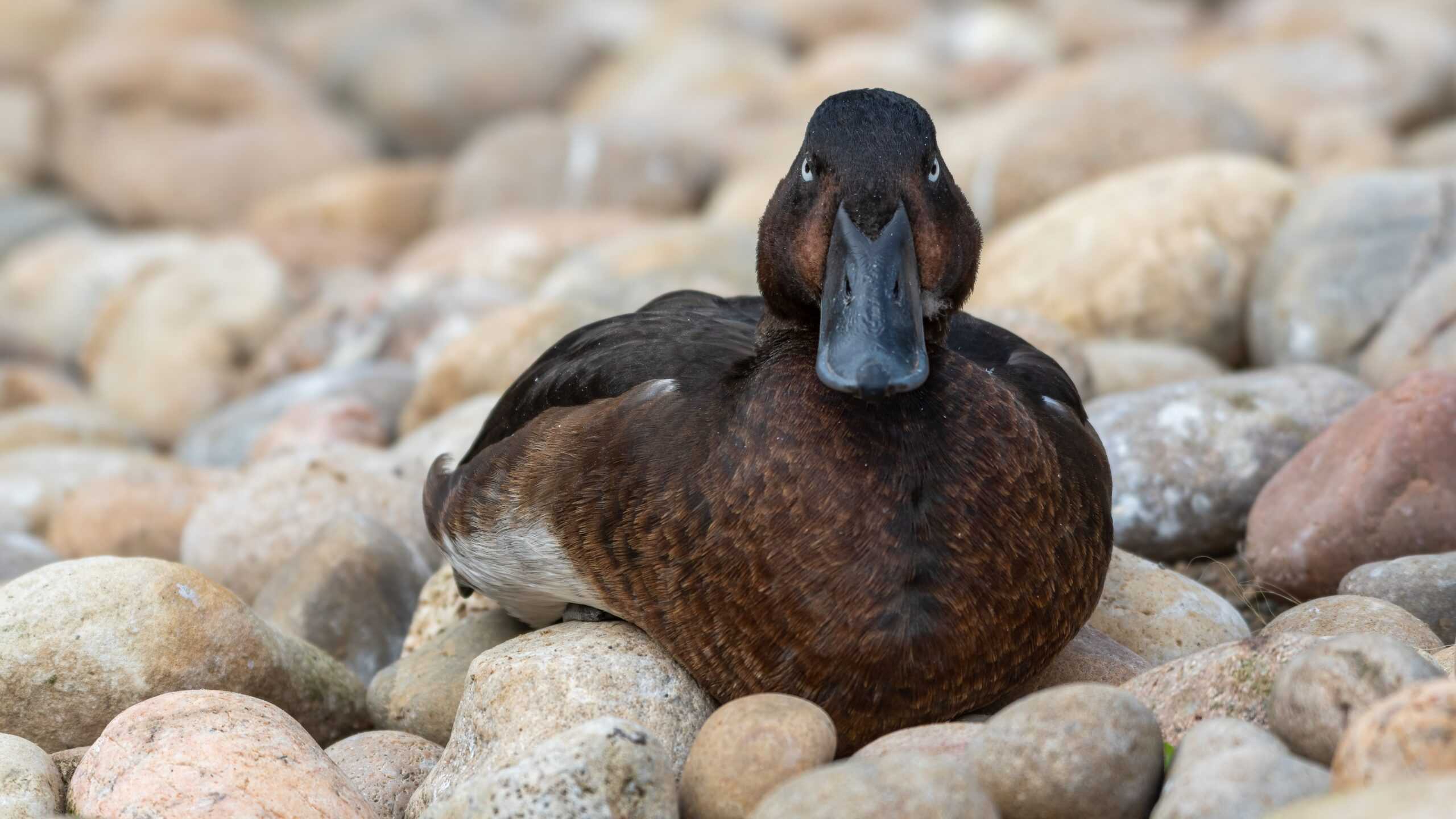
Found primarily in Madagascar, the Madagascar Pochard is critically endangered, with only a few individuals remaining. Thought to be extinct until rediscovered in 2006, intensive conservation efforts are ongoing. This duck prefers isolated lakes and is characterized by its dark brown body and distinctive white eye markings.
Pink-headed Duck
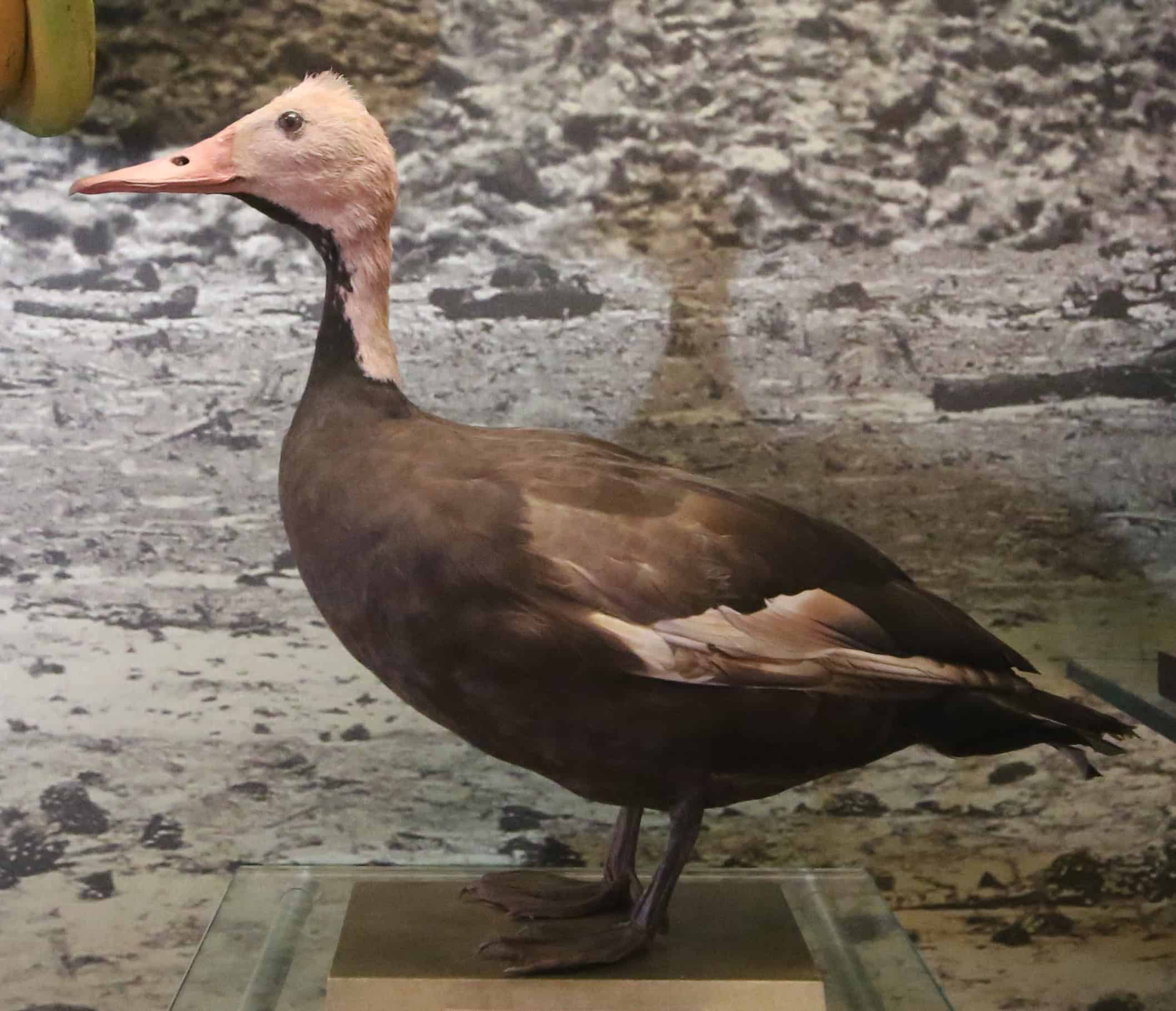
Once found in parts of India, Bangladesh, and Myanmar, the Pink-headed Duck is now feared extinct, with no confirmed sightings in recent decades. Its striking pink head and neck, contrasting with a dark body, make it one of the most distinctive ducks, and conservationists hold hope for its rediscovery.
Brazilian Merganser
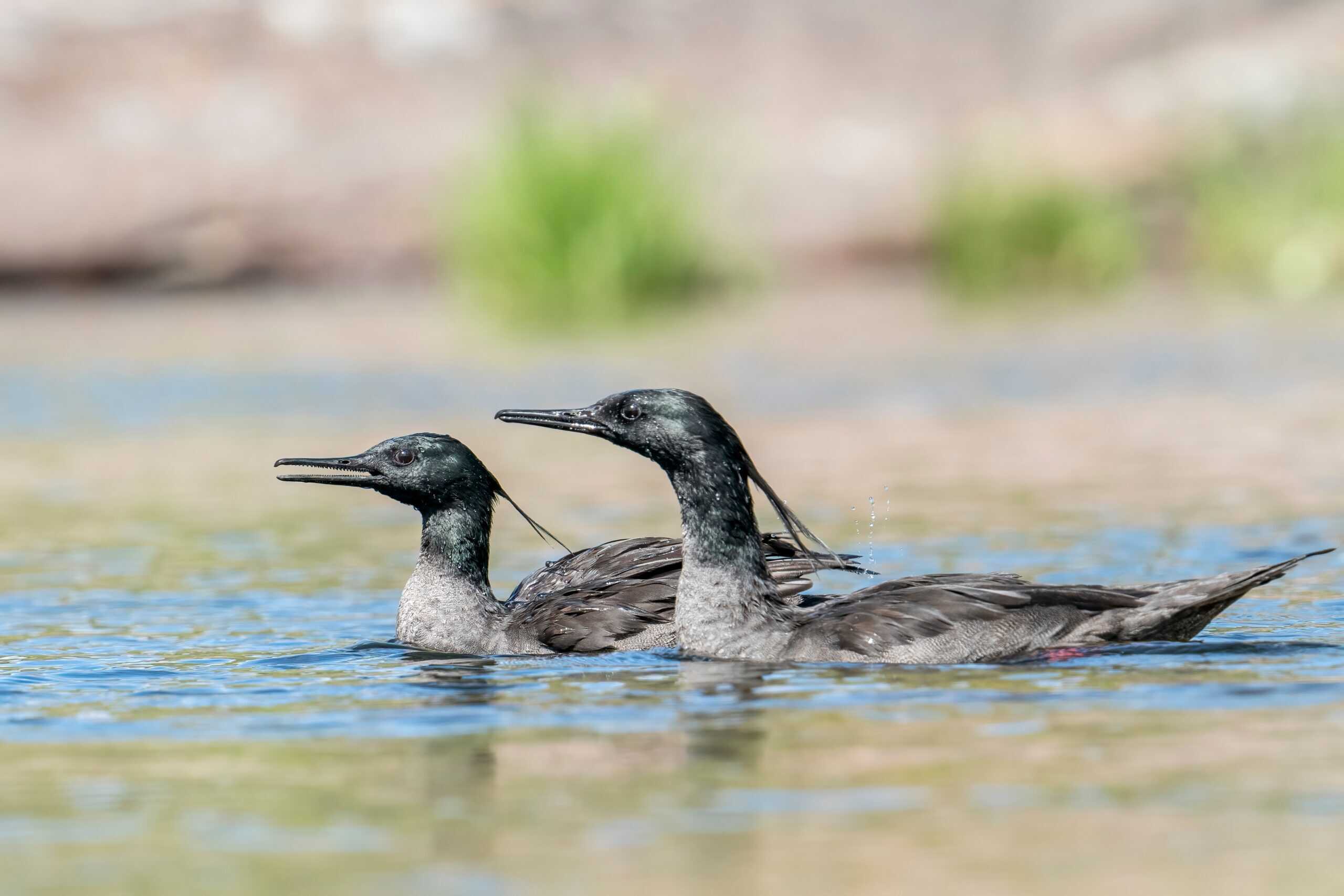
The Brazilian Merganser is a critically endangered species native to the river systems of Brazil. With fewer than 250 mature individuals, this duck is threatened by habitat destruction and water pollution. It is notable for its sleek, dark body and striking greenish-black head.
White-winged Duck
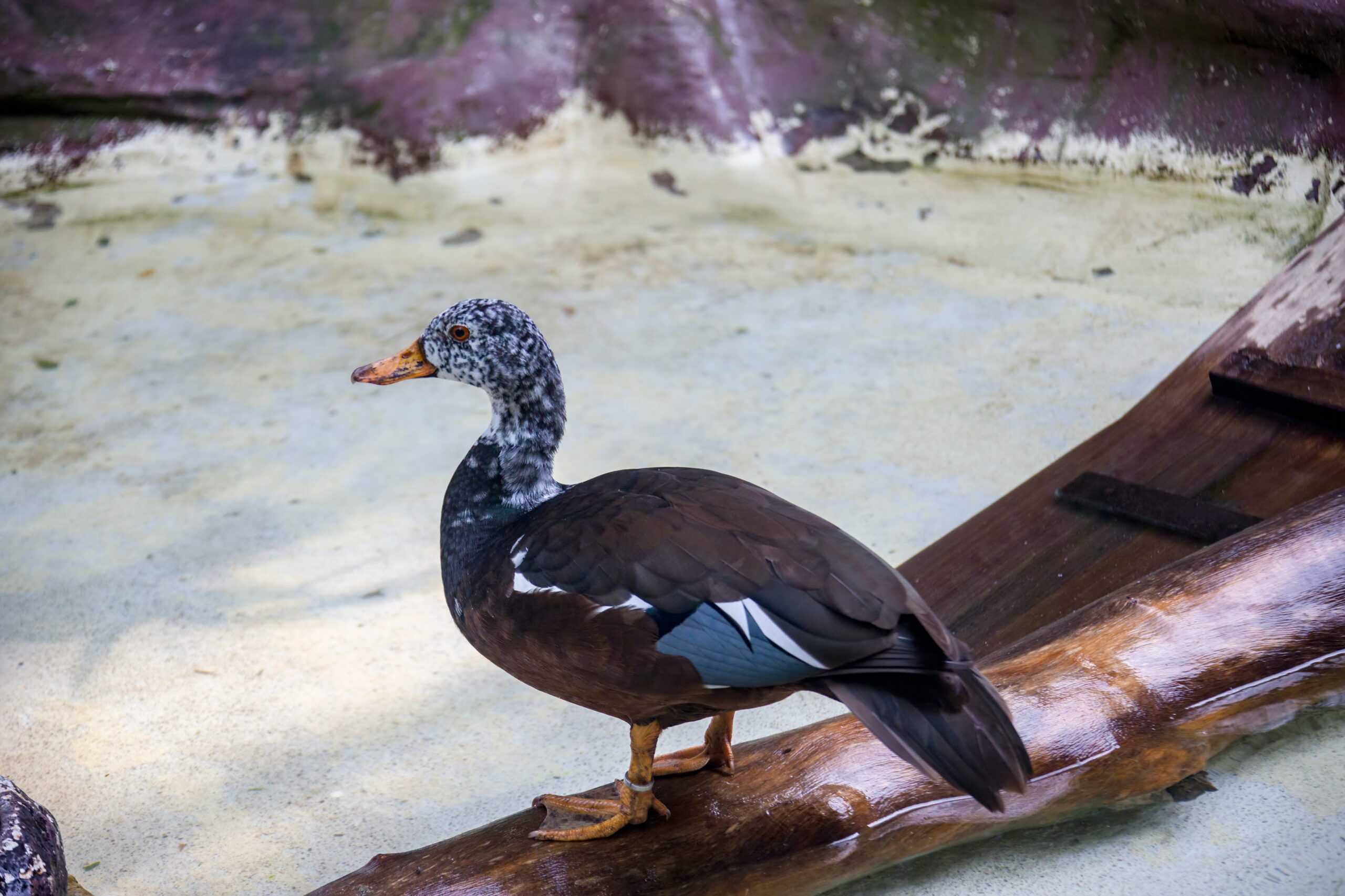
This large, elusive duck is found in parts of Southeast Asia, including Indonesia and India. The White-winged Duck is endangered due to habitat loss and hunting. It’s known for its large body, black and white plumage, and distinctive white wing patches visible in flight.
Baer’s Pochard
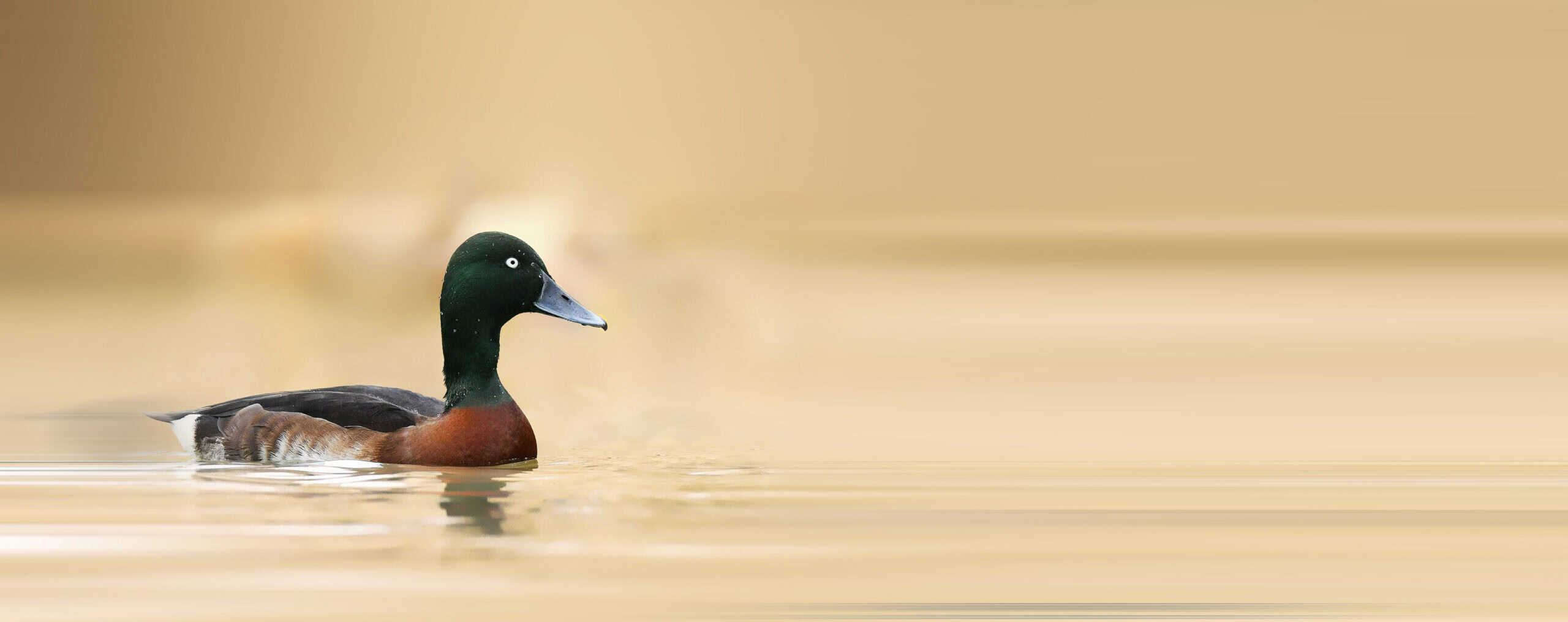
Once widespread across East Asia, the Baer’s Pochard now faces an uncertain future with critically endangered status. Habitat destruction and hunting are major threats. The males are particularly striking during the breeding season with their glossy green heads and red eyes.
Scaly-sided Merganser
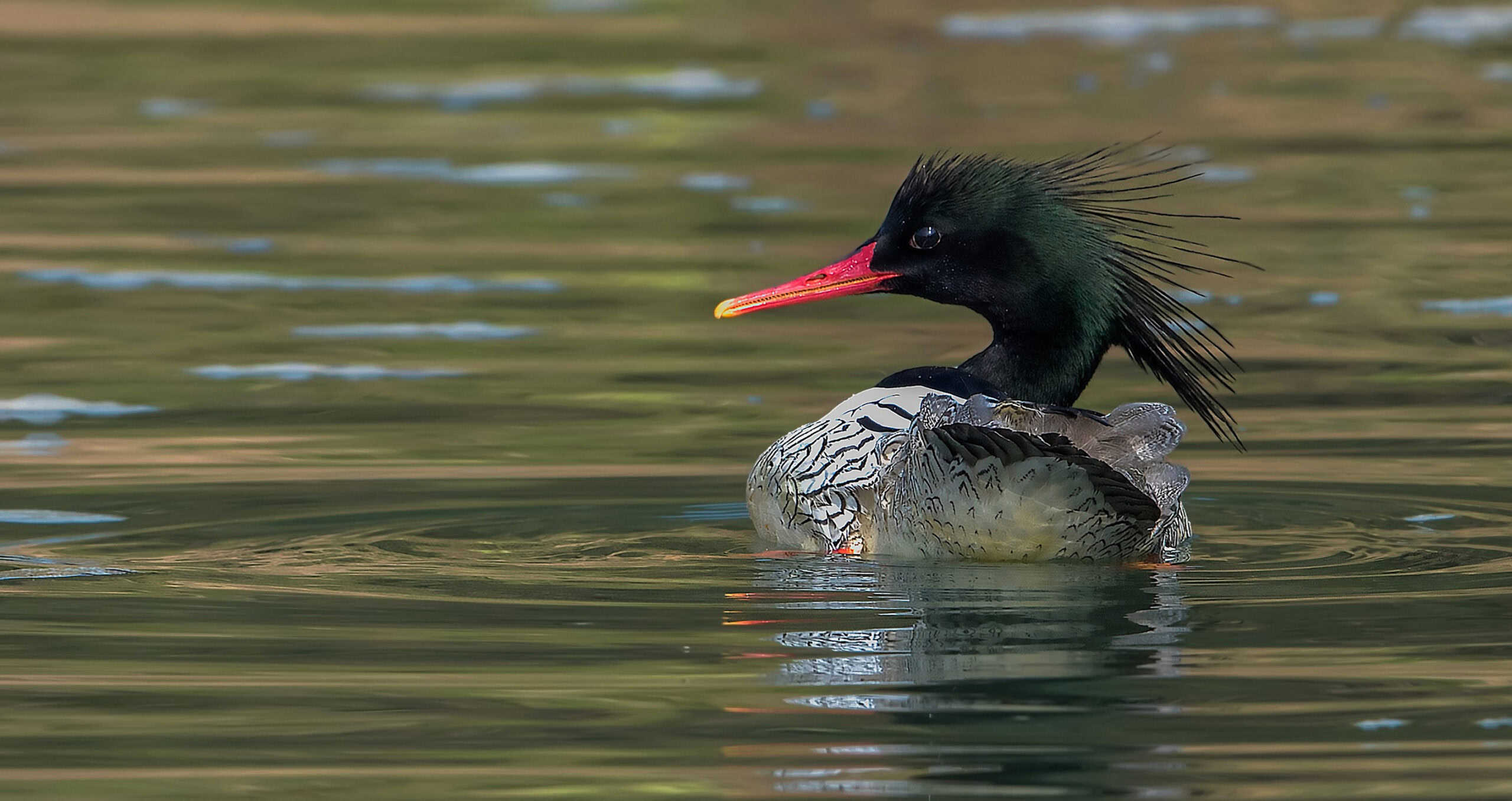
Found in the rivers of East Asia, particularly in Russia, China, and the Korean Peninsula, the Scaly-sided Merganser is endangered. It is recognized by its serrated bill and the scaly pattern of its flanks. Conservation efforts focus on protecting river habitats.
Spectacled Eider
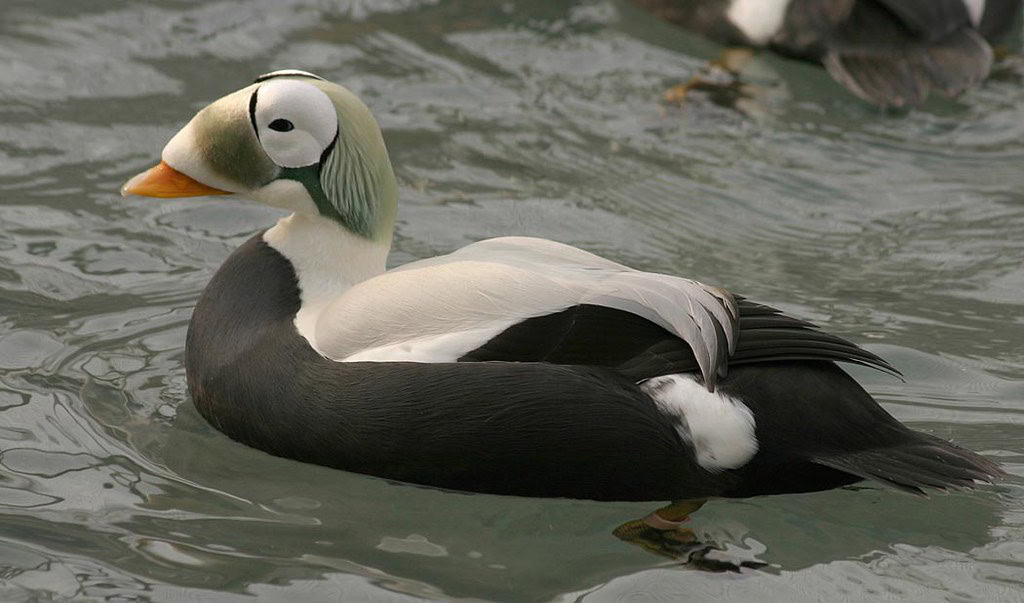
Image Editorial Credit: U.S. Fish and Wildlife Service Headquarters / Flickr
The Spectacled Eider, which breeds in coastal Alaska and Siberia, is known for the distinctive circular patches around its eyes. Listed as threatened, this sea duck faces challenges from climate change and oil pollution.
Steller’s Eider
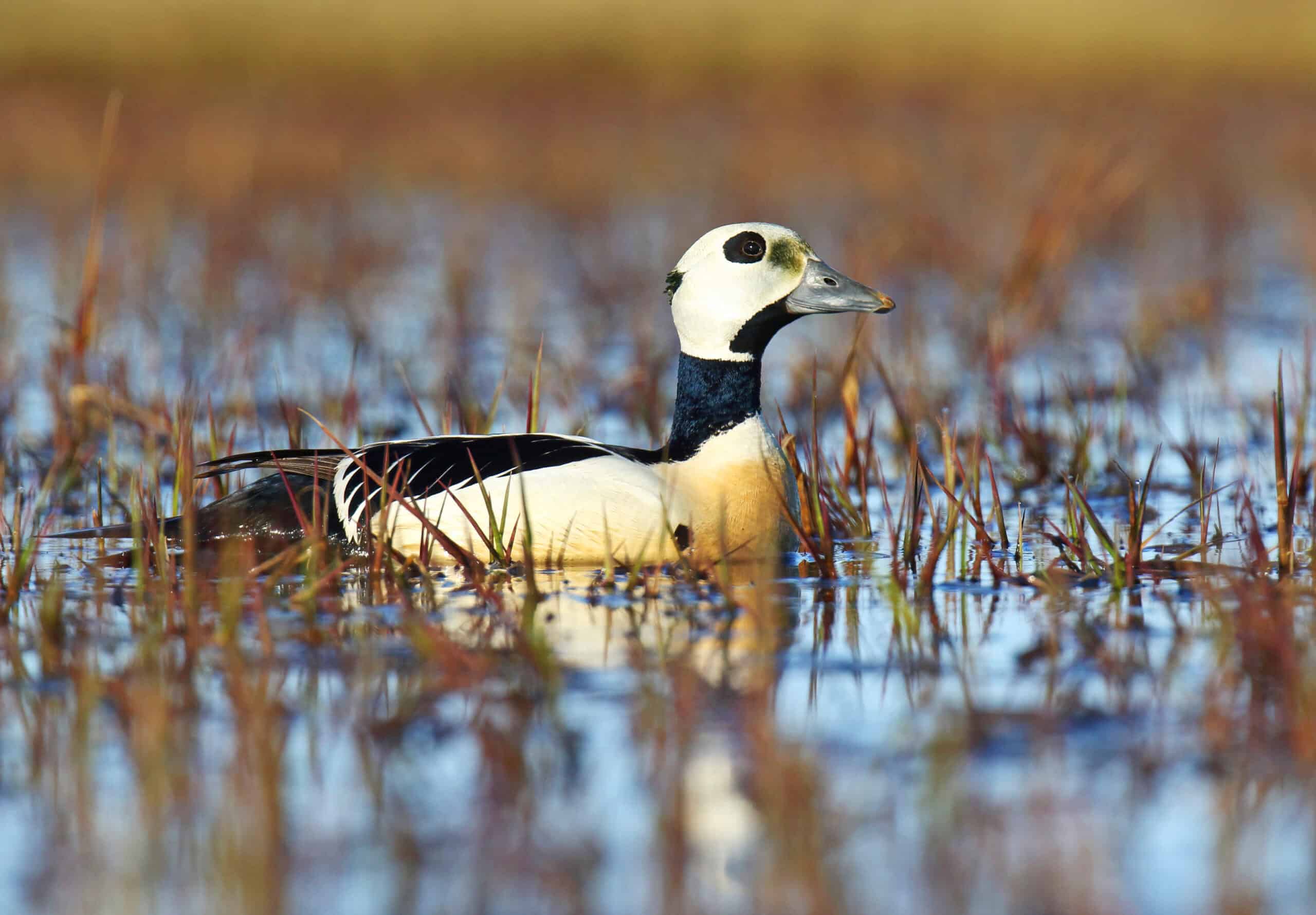
Primarily found in Alaska and Siberia, Steller’s Eider is vulnerable due to habitat degradation and oil spills. During winter, it forms large flocks in ice-free Arctic waters. The males are renowned for their bright plumage featuring blues, greens, and whites.
Campbell Island Teal
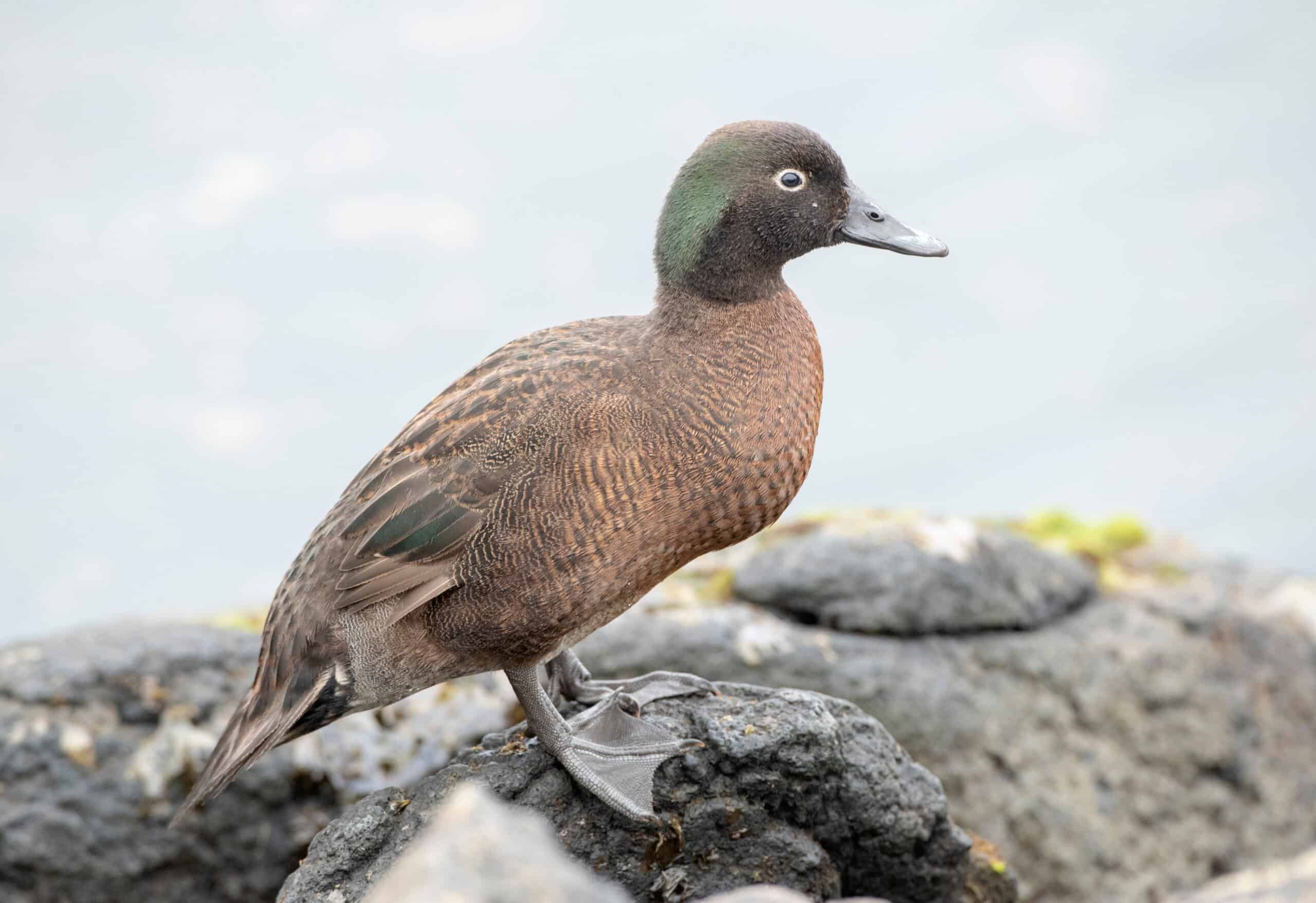
Once believed extinct, the Campbell Island Teal was rediscovered on a remote New Zealand island. This small, flightless duck is vulnerable, with conservation efforts focusing on predator control and habitat restoration.
Laysan Duck
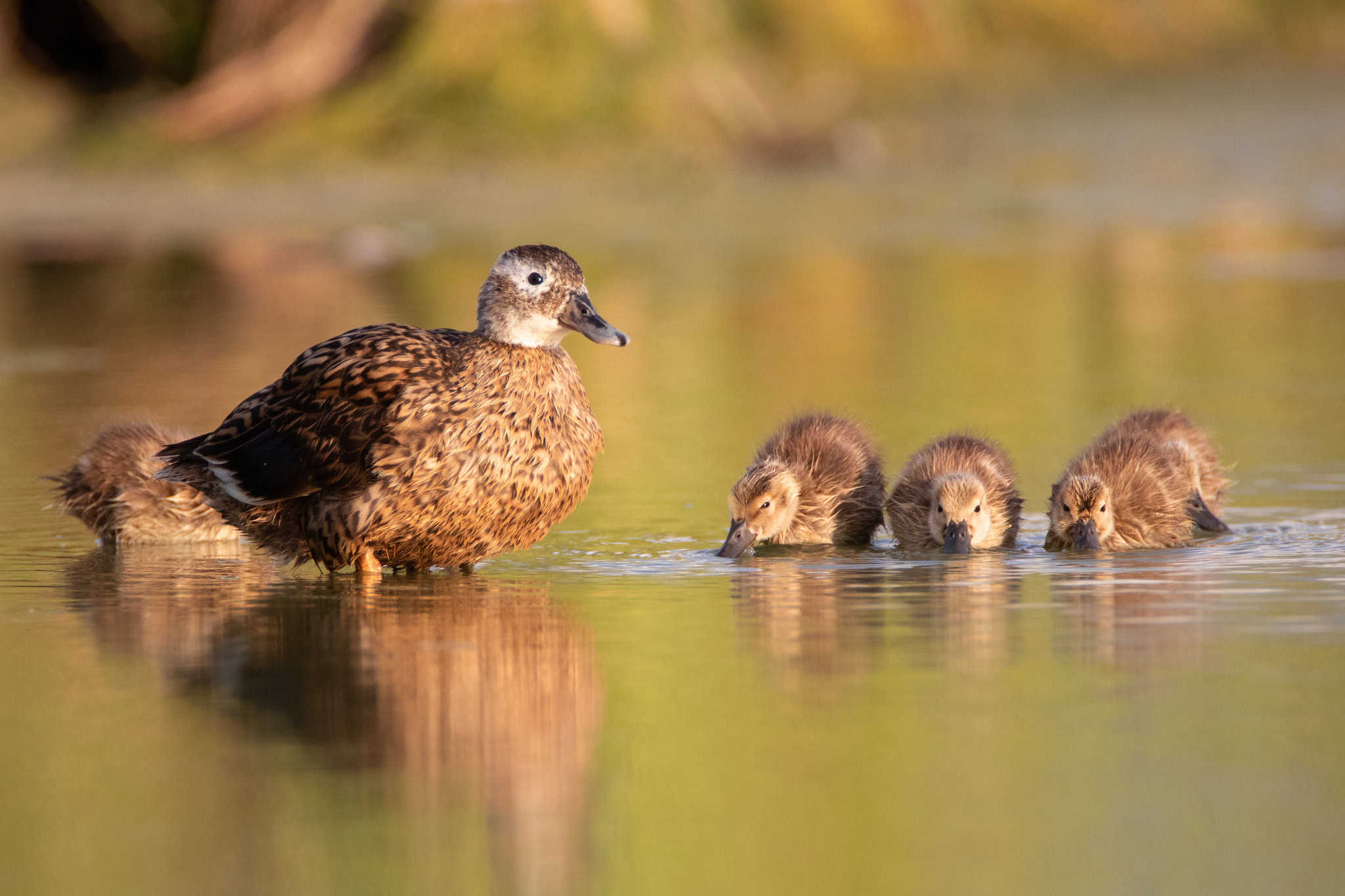
Native to the Laysan Island in Hawaii, this small duck is critically endangered due to its restricted range and vulnerability to extreme weather. Conservation efforts have included relocating individuals to other islands to reduce risk.
Meller’s Duck
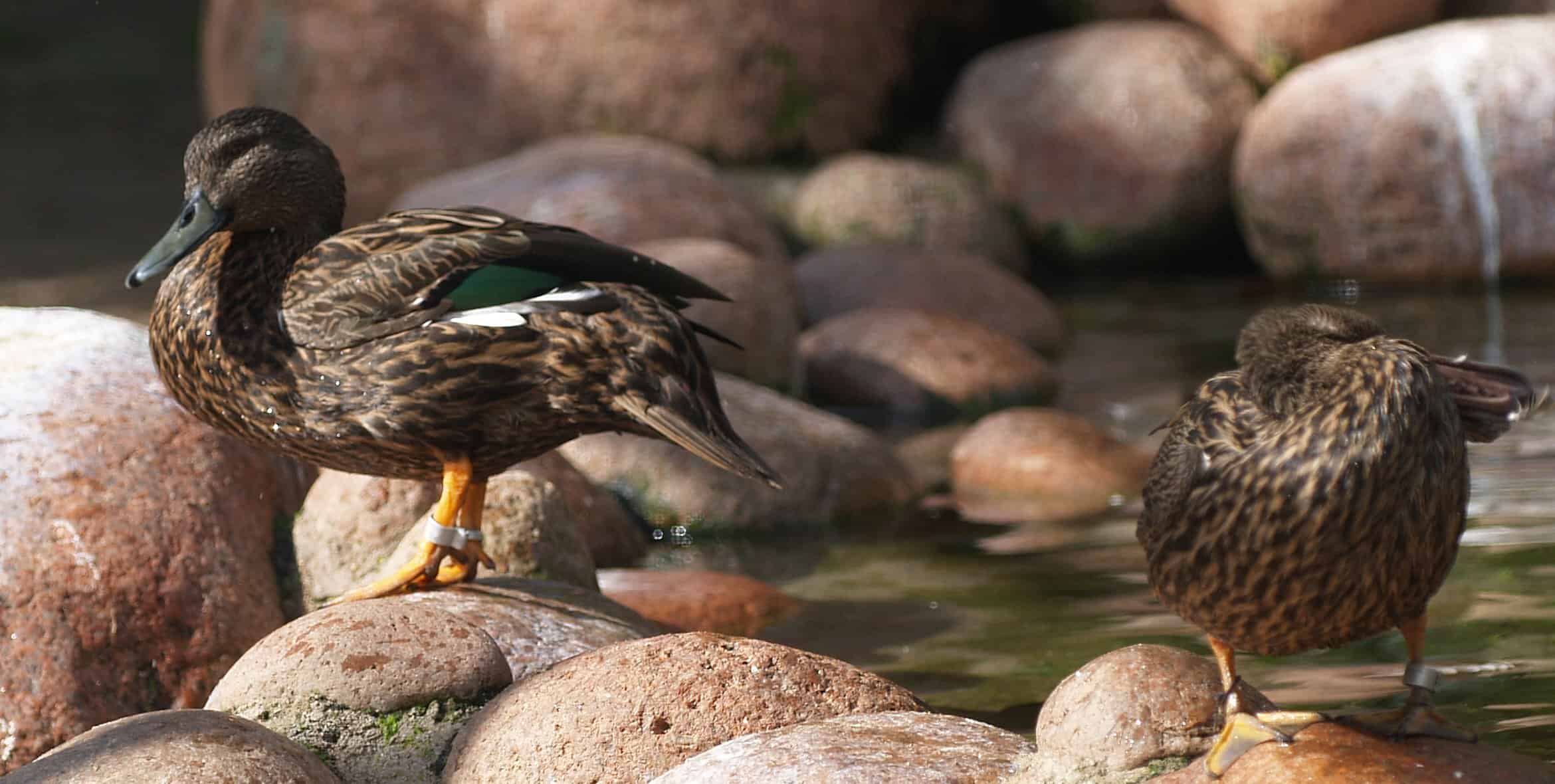
Endemic to Madagascar, Meller’s Duck is vulnerable due to habitat loss and hunting. It is less colorful than other ducks, featuring mostly brown and beige plumage, which helps it blend into its marshland habitat.
Hawaiian Duck (Koloa)
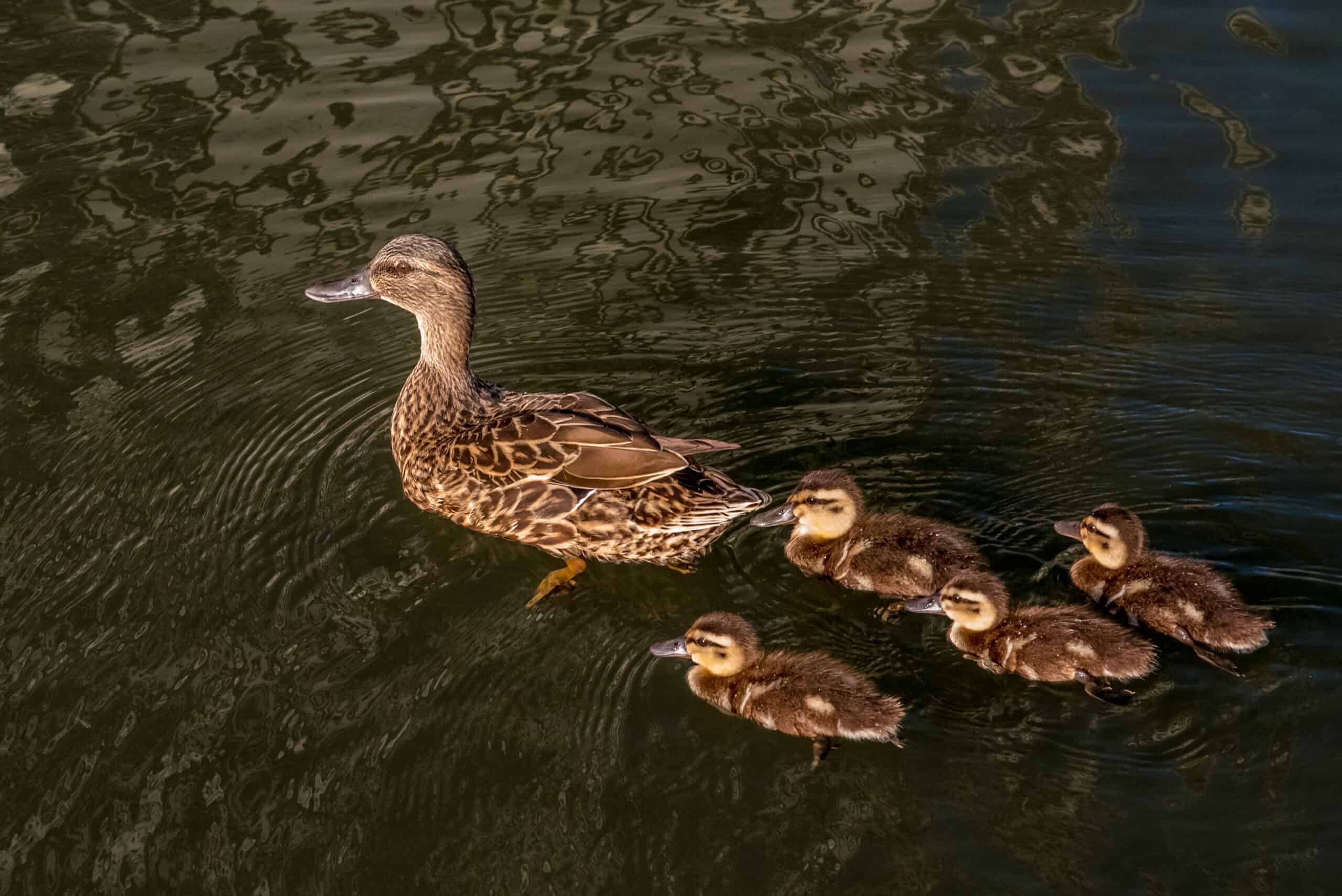
The Koloa is endemic to Hawaii and faces threats from hybridization with introduced ducks, habitat loss, and predation. Conservation efforts include habitat restoration and predator control to preserve this species’ unique genetic lineage.
Auckland Islands Teal
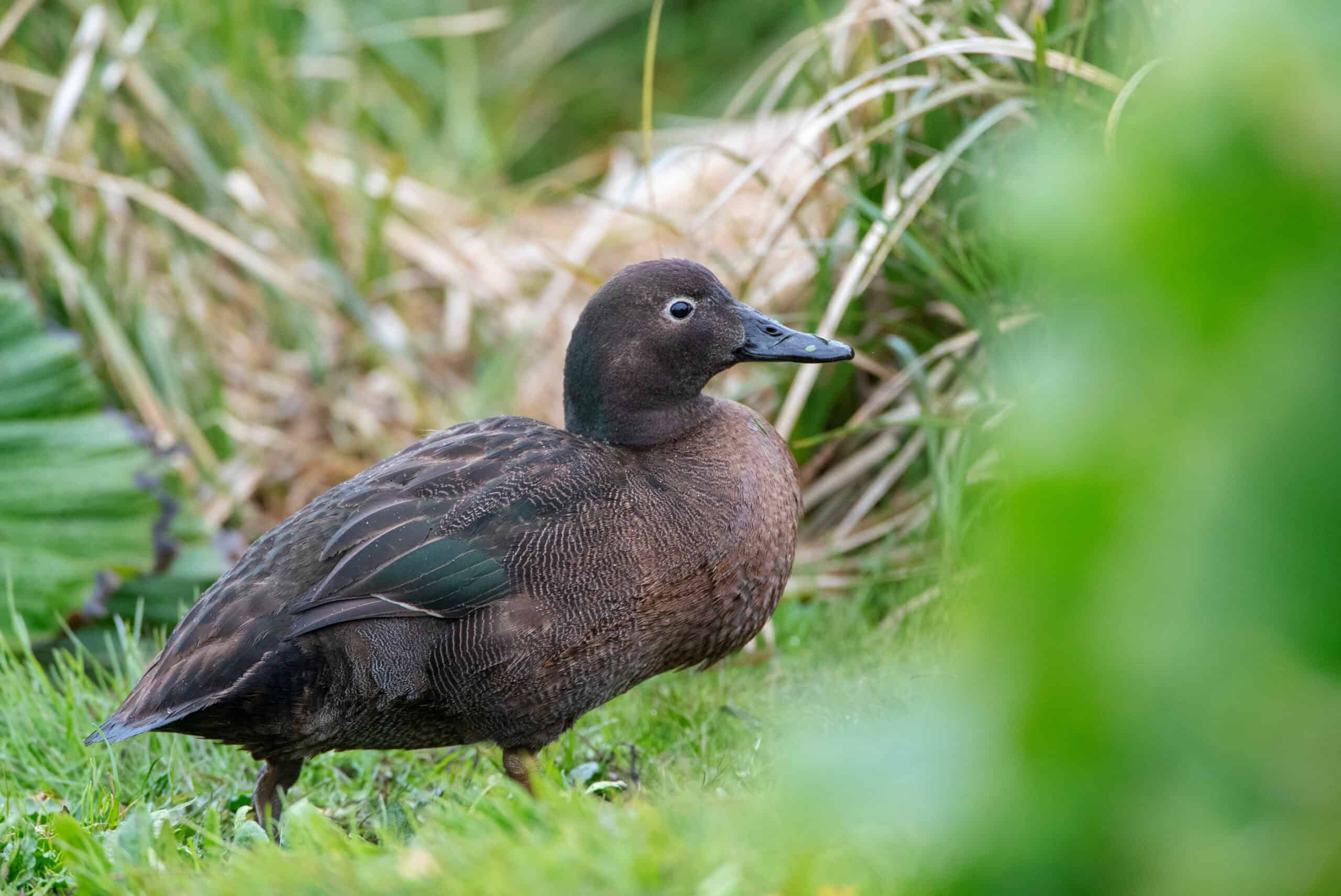
Another flightless bird, the Auckland Islands Teal is found only on the Auckland Islands south of New Zealand. Conservationists have worked to remove invasive species, allowing this teal’s population to slowly recover.
African Black Duck

The African Black Duck is known for its secretive behavior and preference for fast-flowing streams. It faces threats from habitat alteration and is often mistaken for other duck species, leading to overhunting.
Andaman Teal
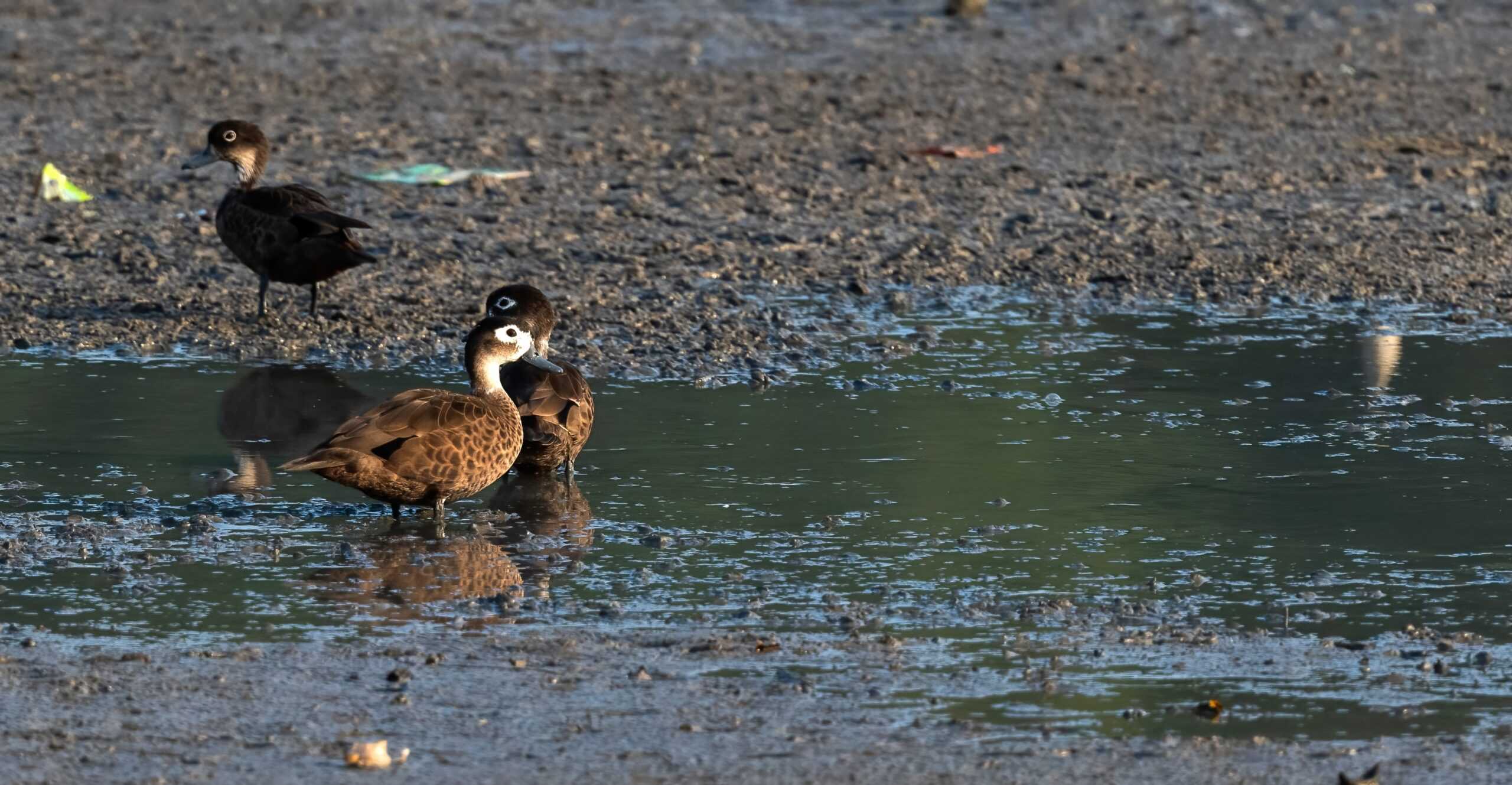
Native to the Andaman Islands of India, this duck is noted for its rarity and distinctive plumage. It has adapted to life in a variety of wetland habitats but remains vulnerable due to limited range and population size.
Falkland Steamer Duck
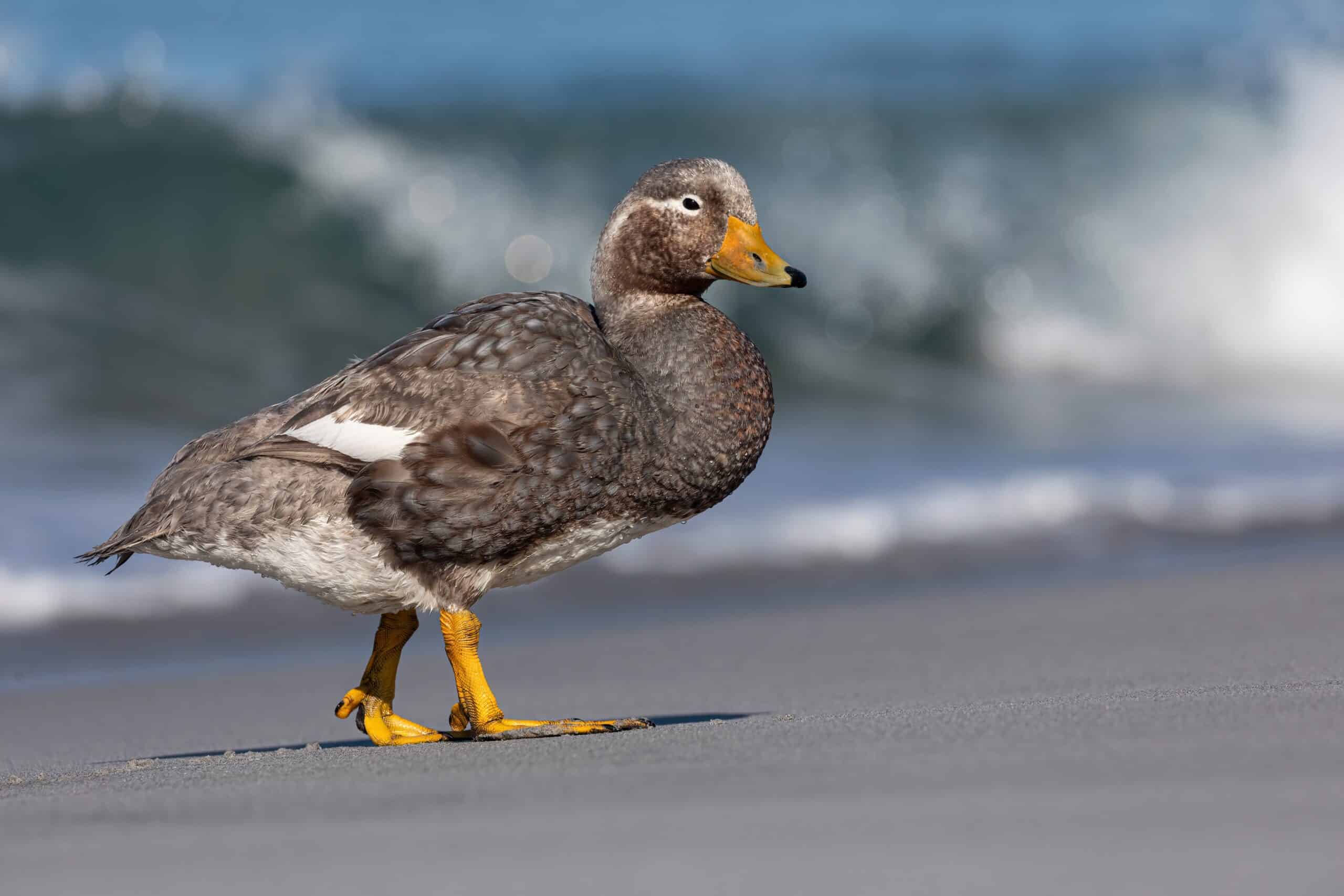
The Falkland Steamer Duck, found only in the Falkland Islands, is notable for its inability to fly. Its population is stable, but its restricted range makes it susceptible to environmental changes.
Marbled Teal
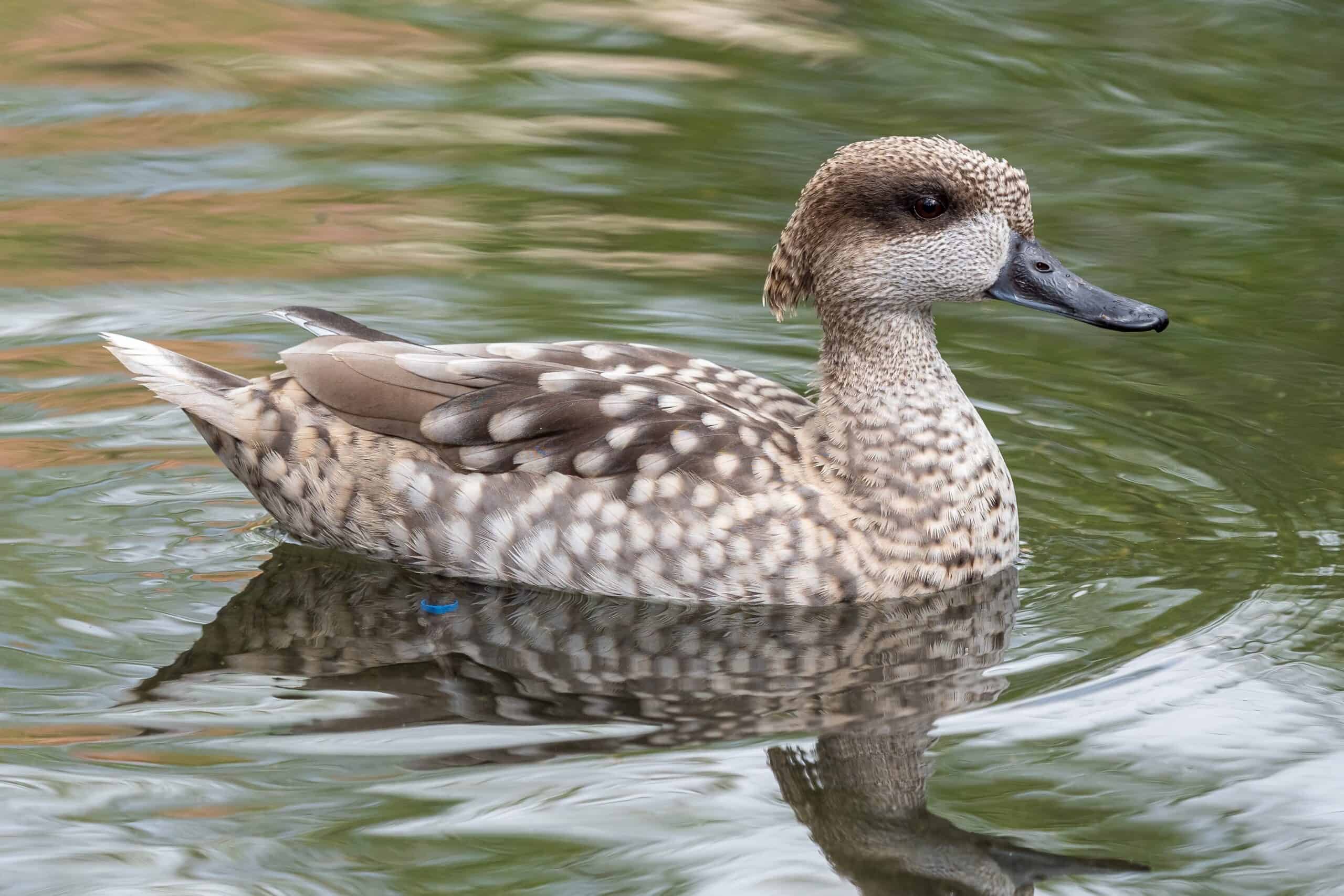
Distributed across Mediterranean and Western Asia, the Marbled Teal is vulnerable due to habitat degradation and drought. Conservation efforts include wetland restoration and monitoring to ensure water availability.
Philippine Duck
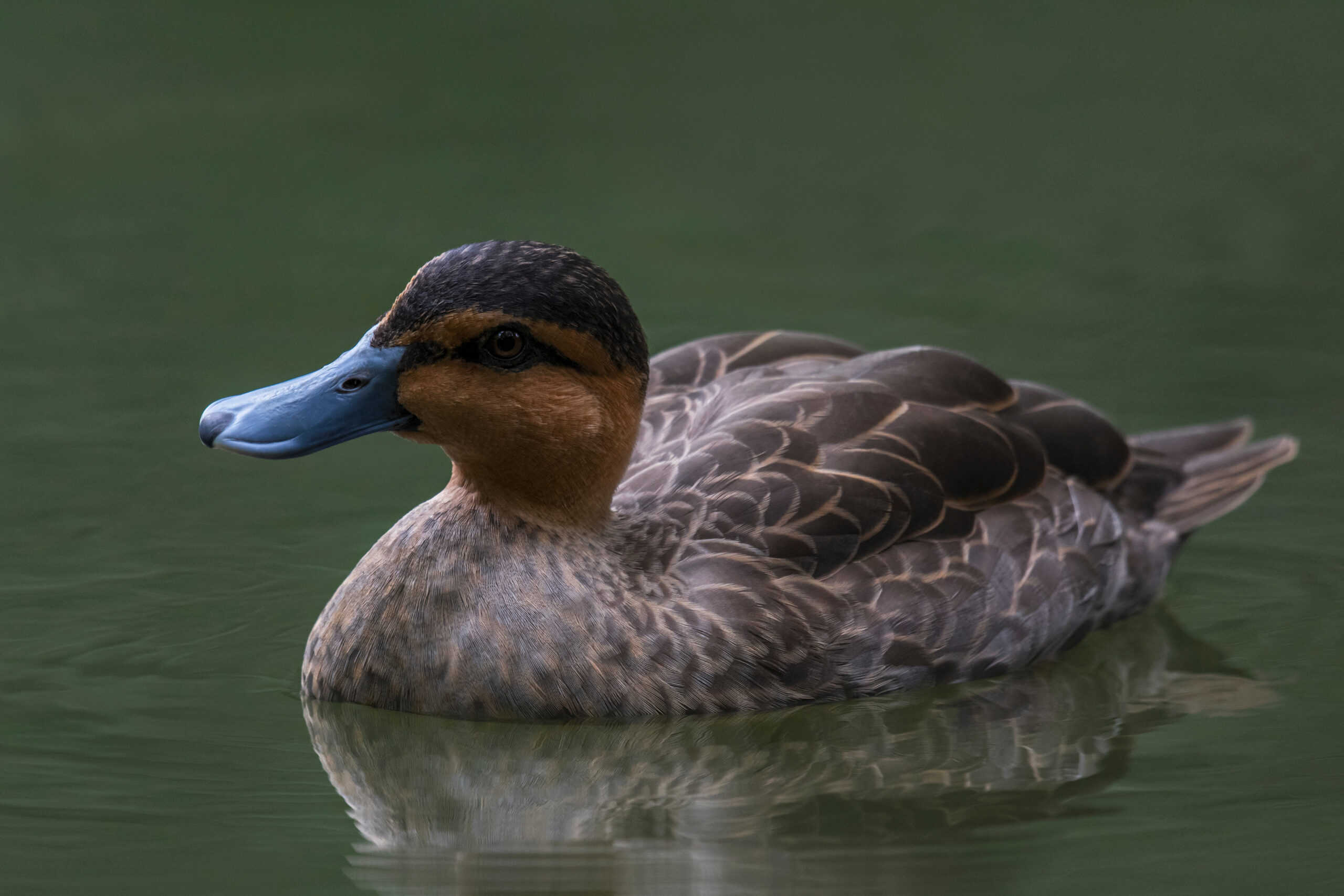
The Philippine Duck is endemic to the Philippines and faces threats from habitat loss and hunting. It is a versatile species, inhabiting a wide range of freshwater and brackish environments.
Crested Duck
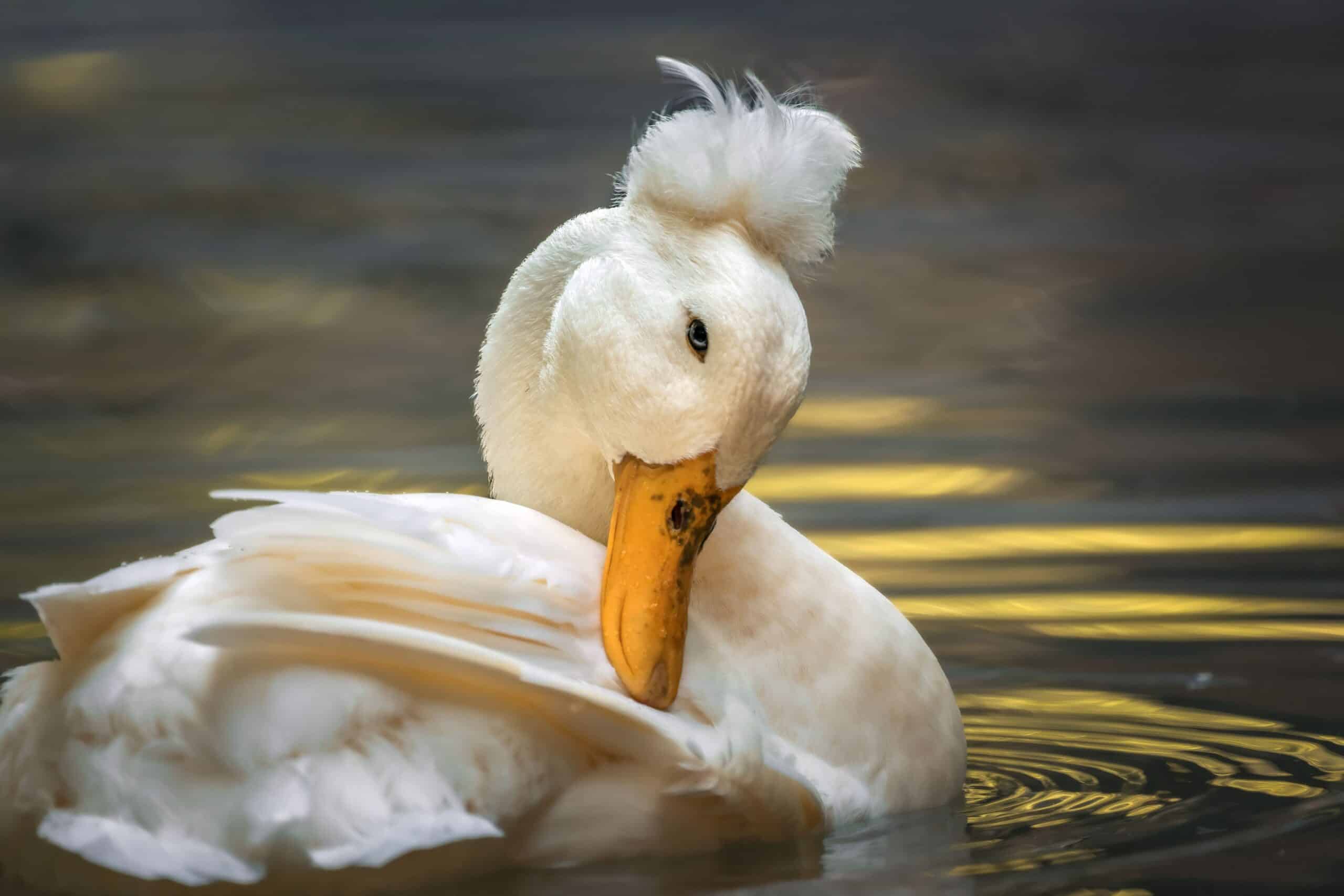
Found in South America, particularly in Argentina and Chile, the Crested Duck inhabits cold, mountainous lakes. It is known for its distinctive crest and is currently listed as near threatened due to habitat disruption.
Salvadori’s Teal
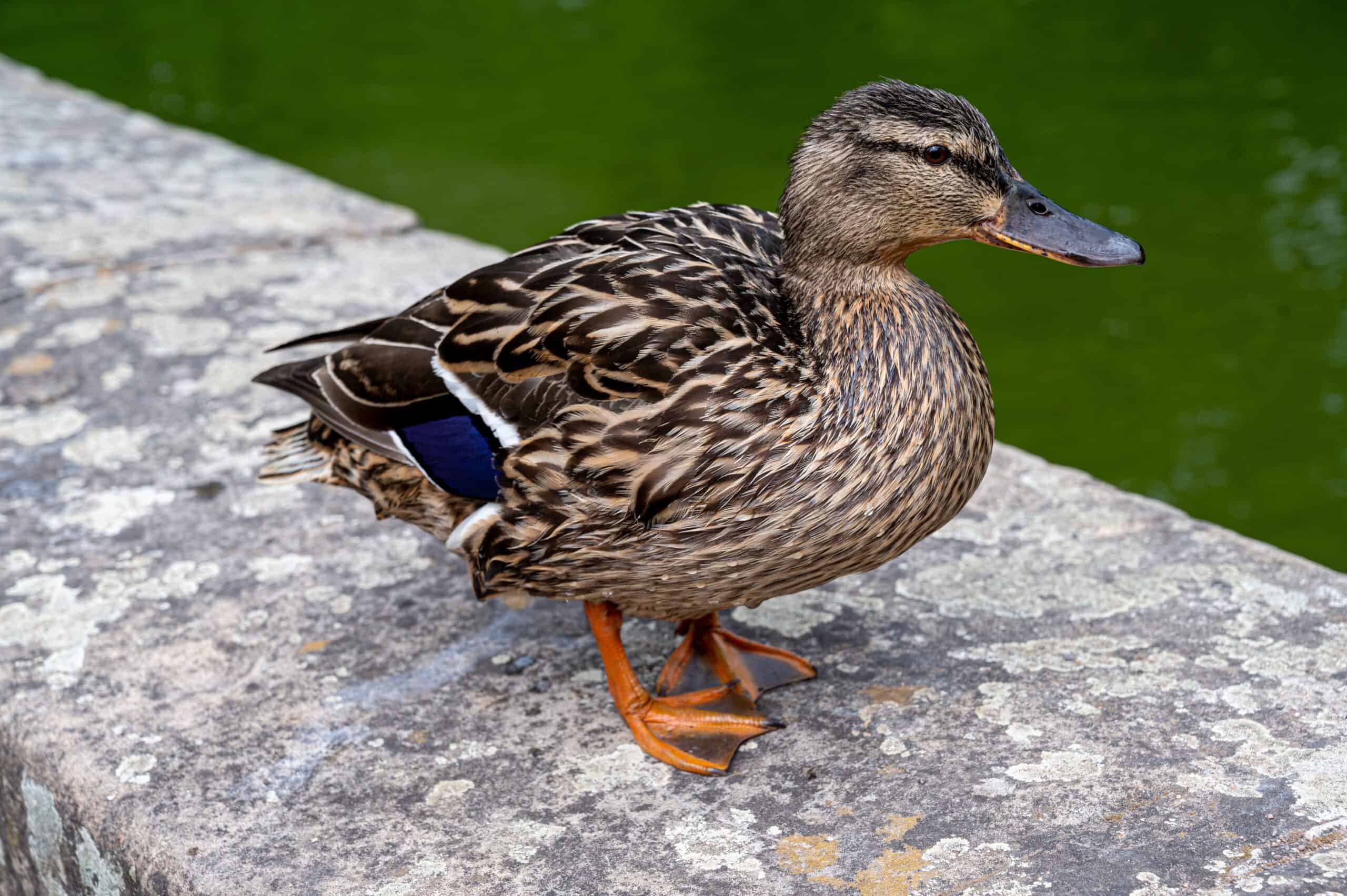
Native to New Guinea, Salvadori’s Teal is a little-known species due to its elusive nature. Found in remote mountainous areas, little is known about its status, but it is believed to be at risk due to ongoing habitat loss.
This article originally appeared on Rarest.org
More from Rarest.org
15 Most Expensive Diamond Colors in the World

Diamonds, the epitome of luxury and desirability, come in a spectrum of colors, each with its own unique allure and price tag. Read More
1960 Lincoln Penny Value Guide
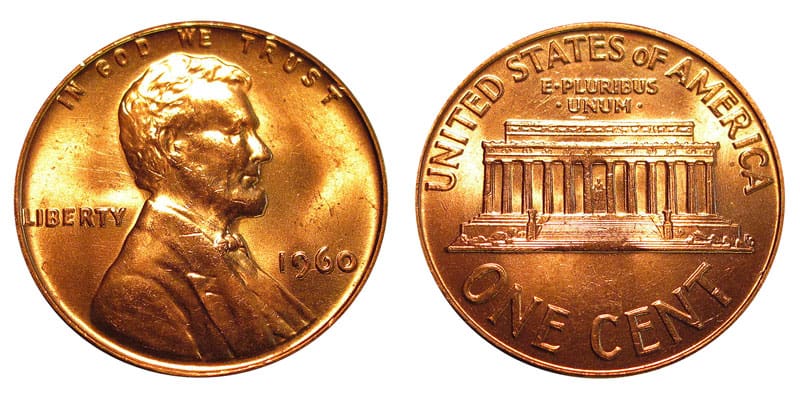
The 1960 penny is a 1-cent coin produced by the US Mint in 1960. As a 60-plus-year-old coin, the 1960 penny is quite popular among collectors. Read More
12 Rarest Ferrari Cars Ever

Few automotive brands evoke the same level of passion and reverence as Ferrari, renowned for its iconic design, unparalleled performance, and storied racing pedigree. Within Ferrari’s illustrious history lie a select few models that stand out as the rarest and most coveted among collectors and enthusiasts. Read More
